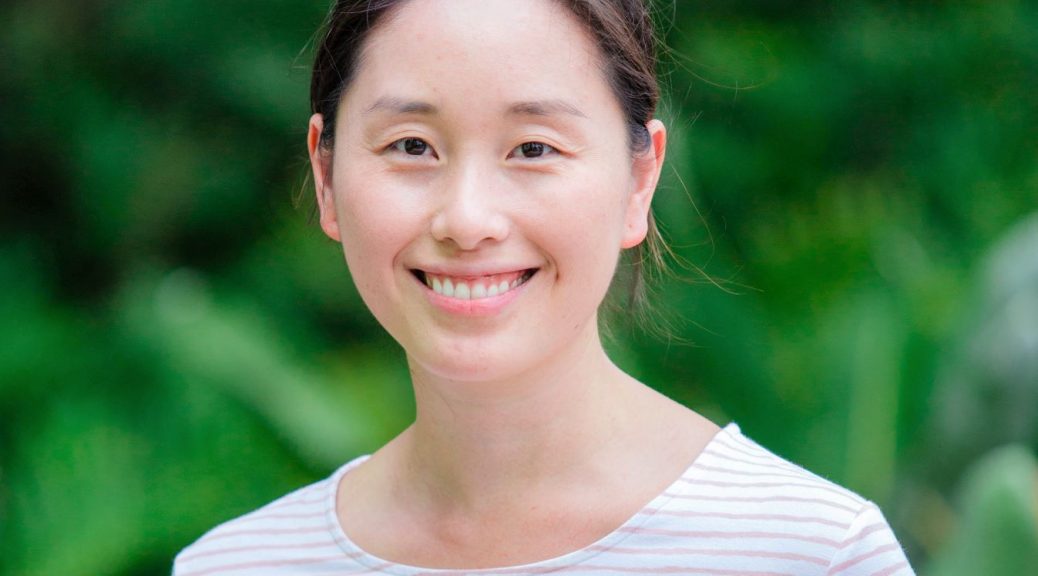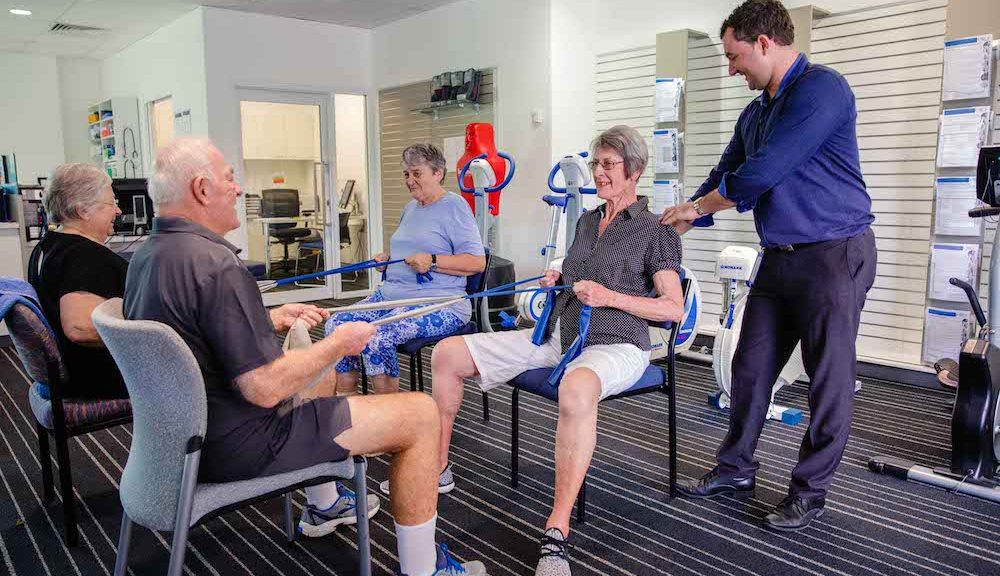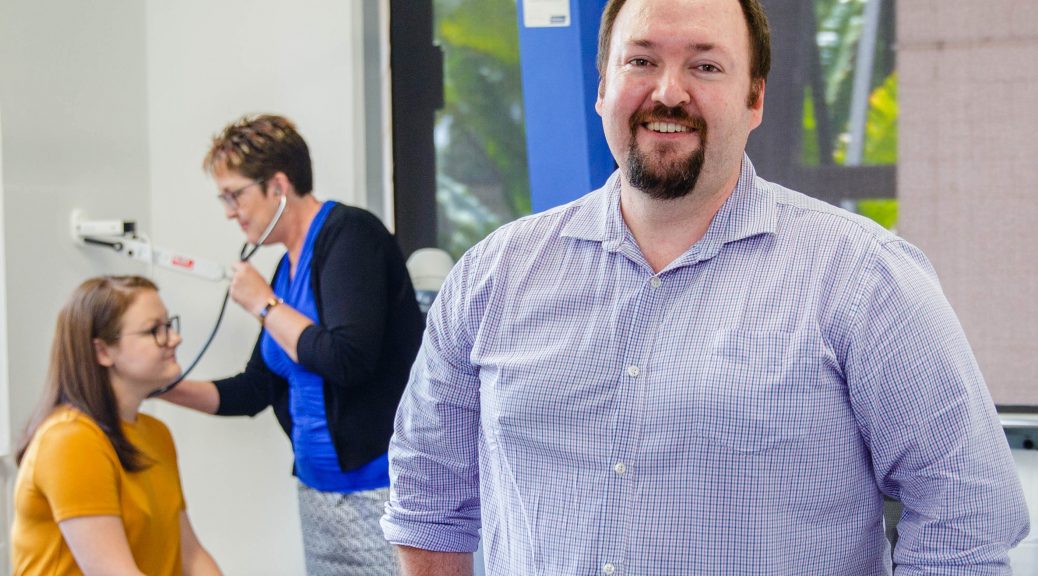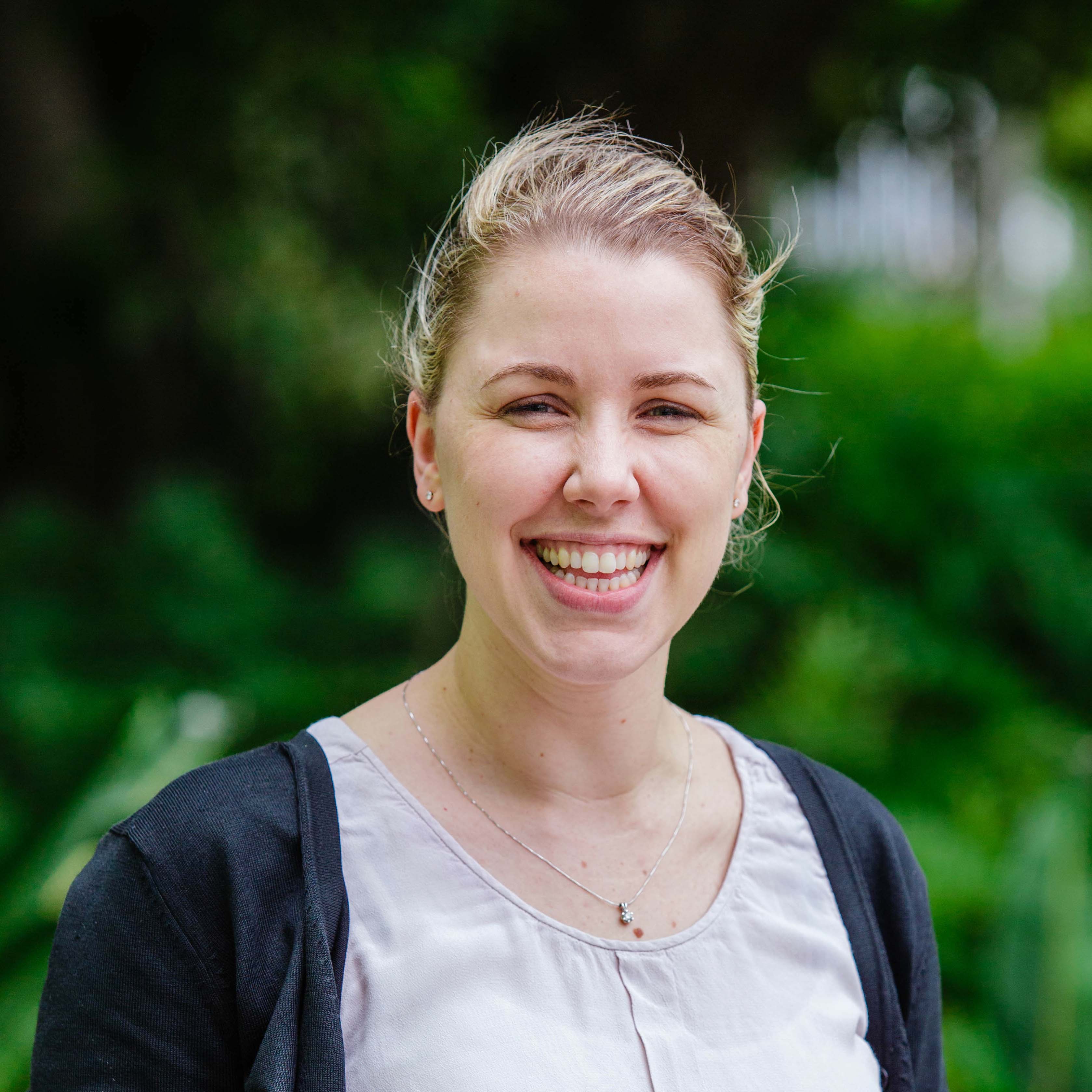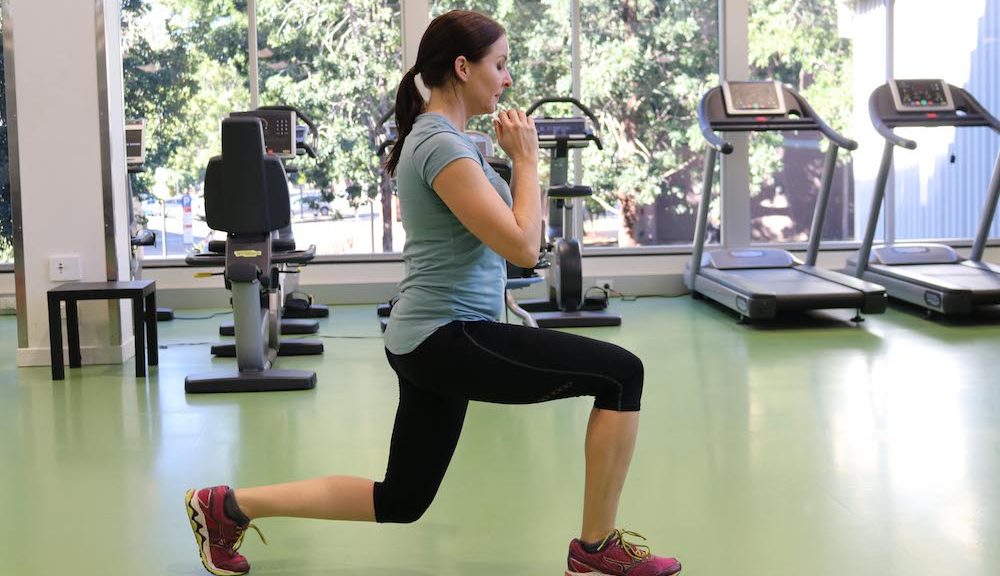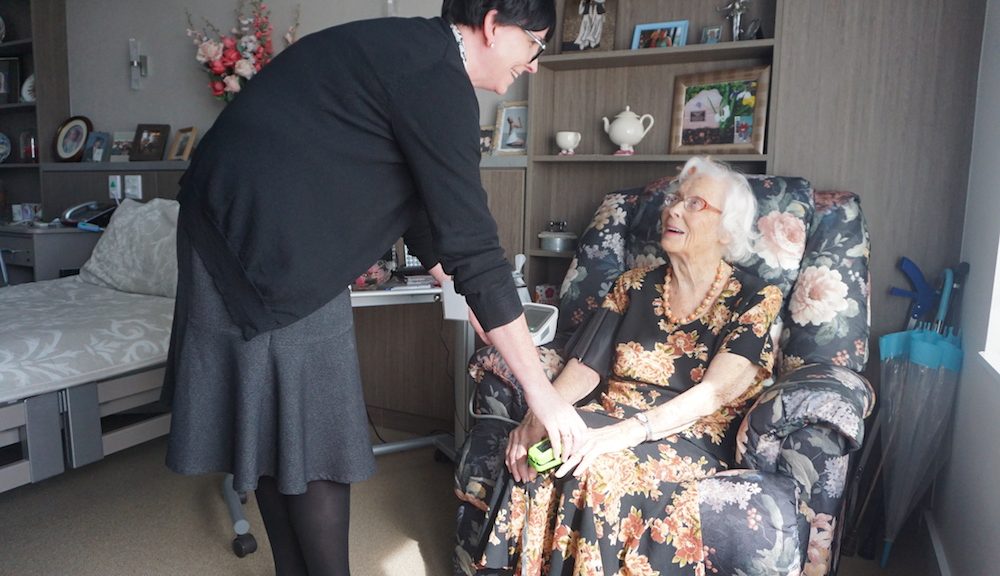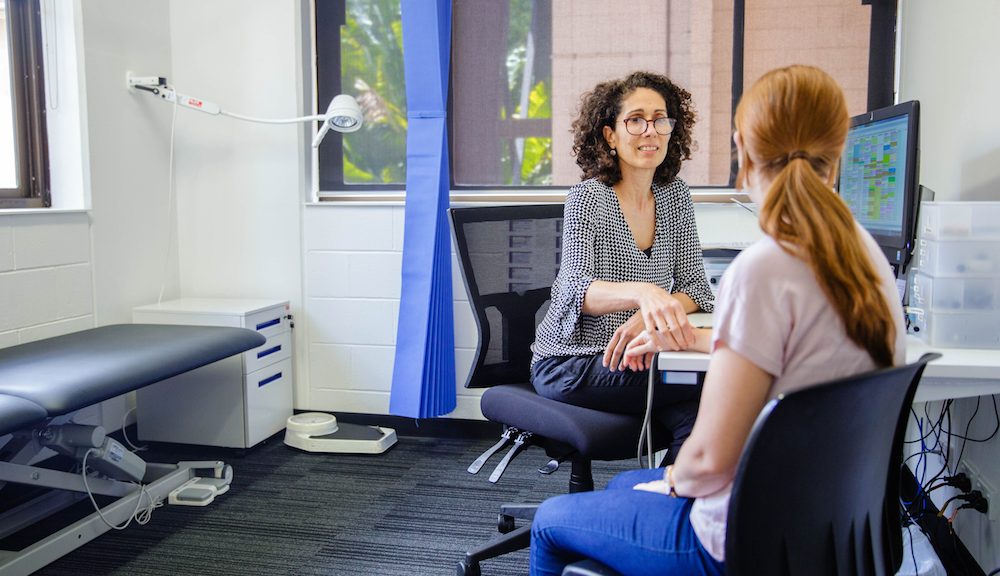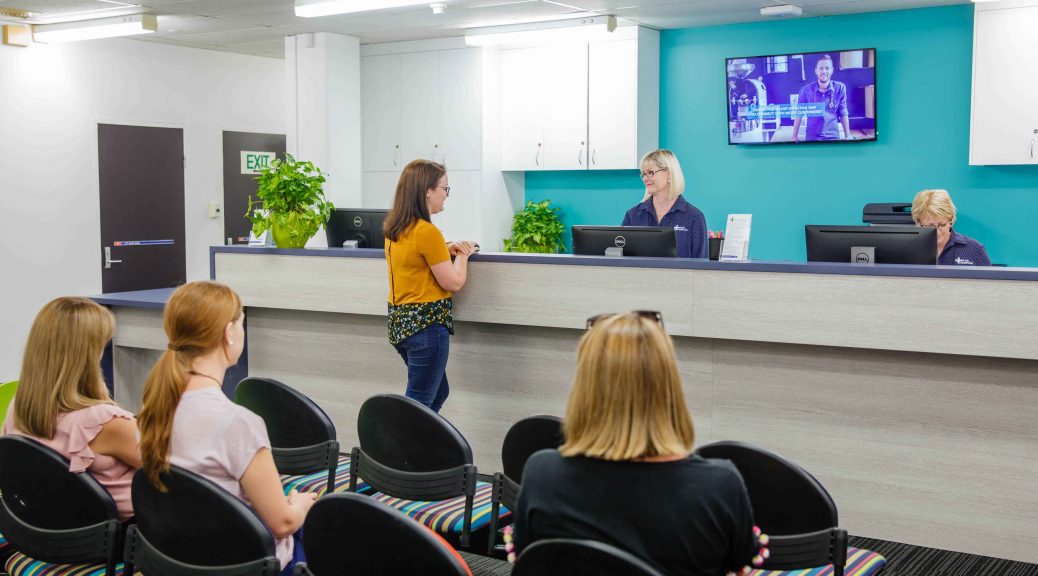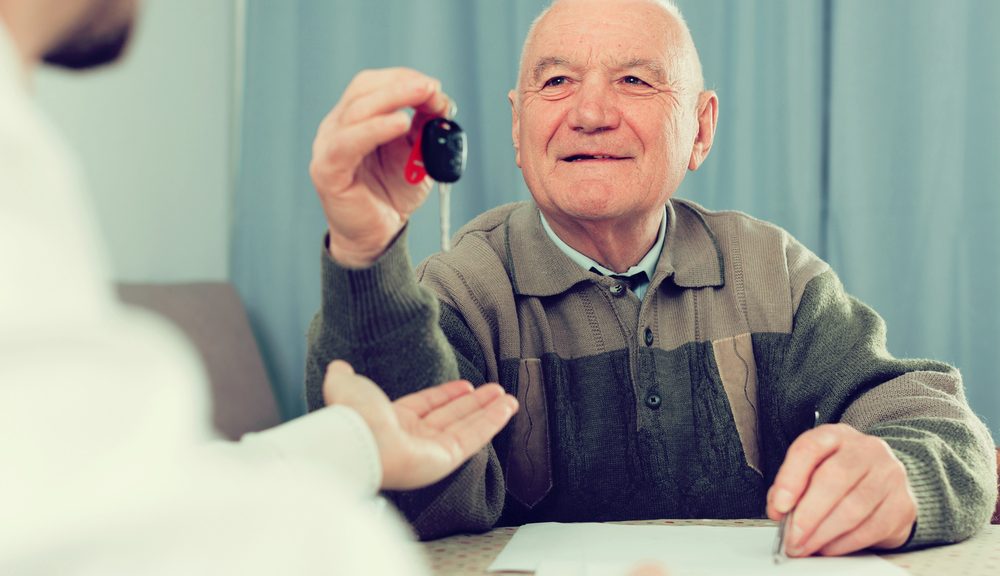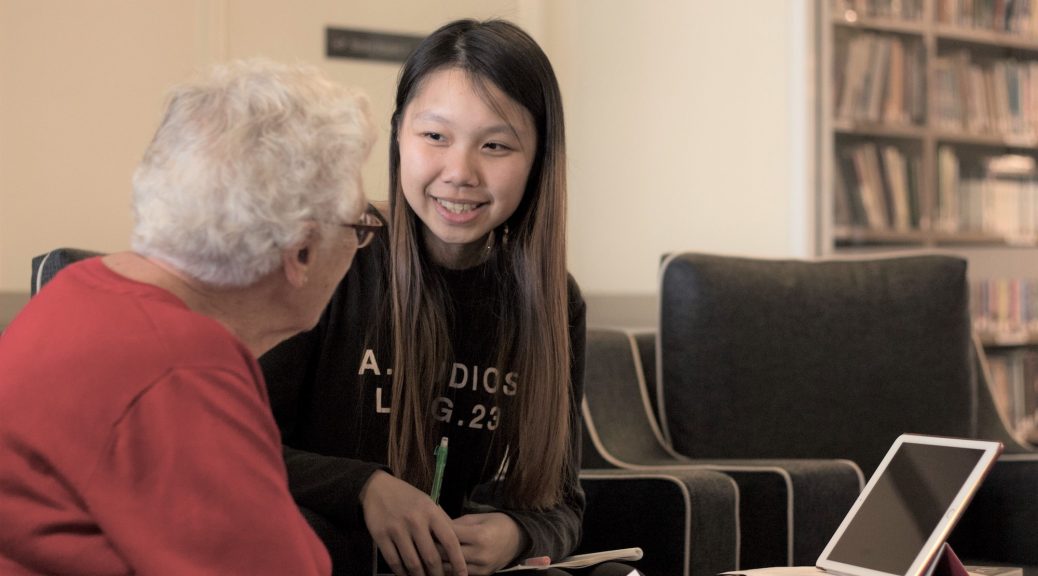This month we spoke to Dr Nga Phan, General Practitioner at the UQ Health Care Cornwall Street Medical Centre.
What inspired you to pursue a career as a general practitioner?
As a general practitioner, what I enjoy most about my work is the variety of health problems that I get to see and treat. I am the first point of contact for medical issues for my patients and most of my patients will continue to see me in the long term for advice and treatment.
General practice also offers excellent work prospects. Everyone will need to see a doctor at some point in their lives and with a growing population, the demand for services is great.
What does a typical day look like for you?
On a typical day, I usually spend around eight hours consulting and half an hour on administrative work. I see patients and their families from all ages and provide a range of services from treating acute and chronic illnesses to providing preventative health and health education.
What aspects of your role do you enjoy the most?
I am a general practitioner with a special interest in ear, nose and throat disorders. In particular, I have an interest in chronic sinus disease. I have completed a Master’s degree in this area. My workplace is also well equipped to allow me to perform ear examinations and cleaning using microscope suction.
What are your interests outside of work?
Maintaining a good work-life balance is important to me and general practice allows me to fulfill this. I play tennis three times a week and jog/cycle most other days. I am also a keen traveller and enjoy visiting other parts of Australia and overseas with my family and friends.
What do you love about living in Brisbane?
I love living and working in a metropolitan area. Living in Brisbane, I enjoy the warmer climate. I also think that our city has beautiful architecture, parks and riverfronts.

